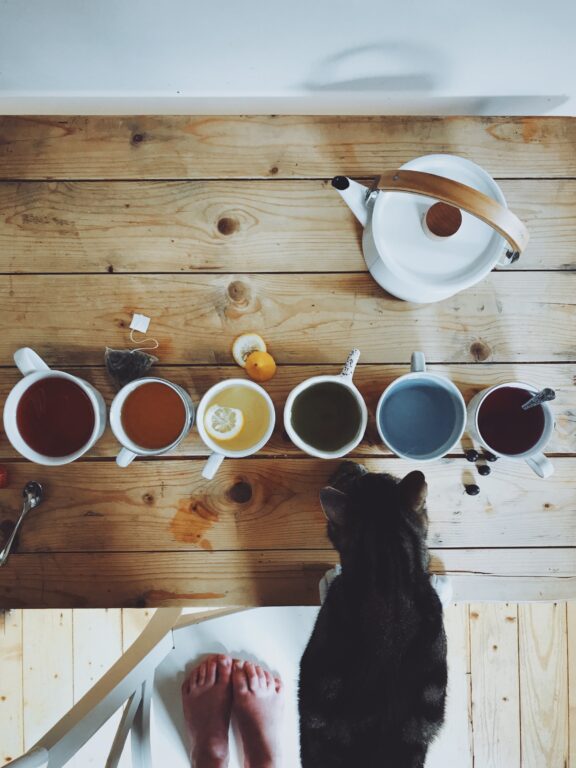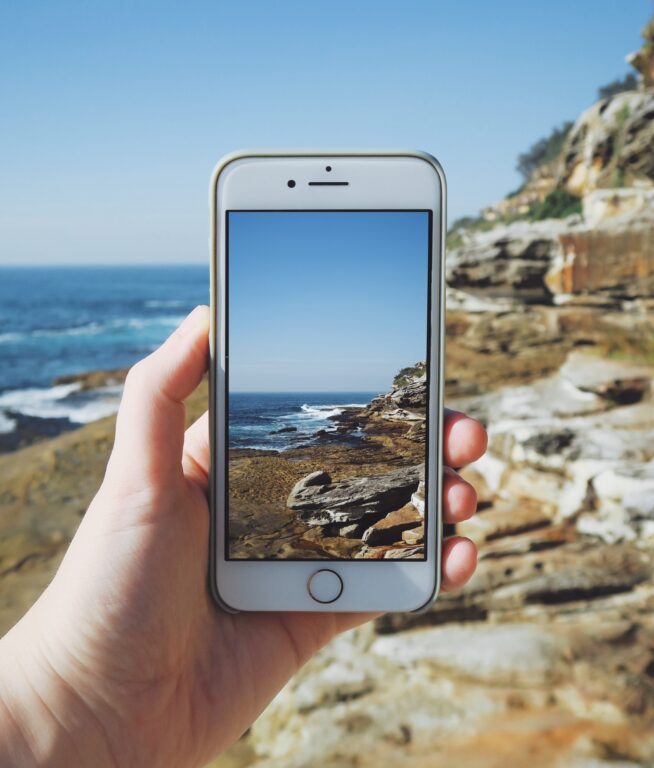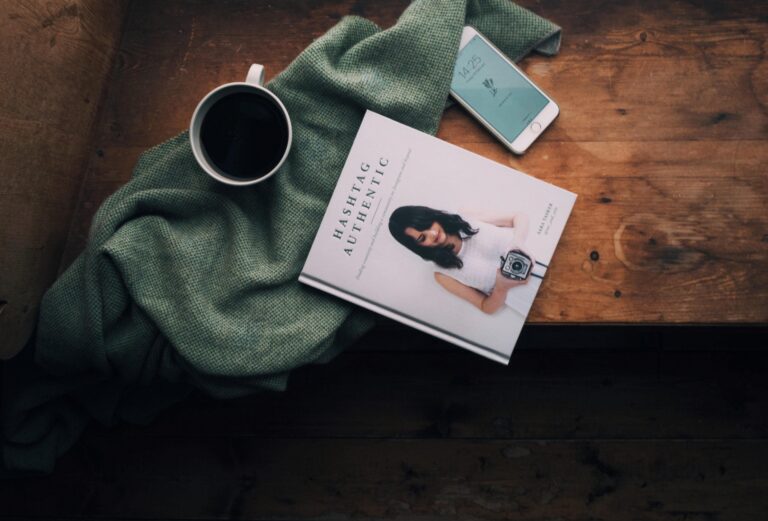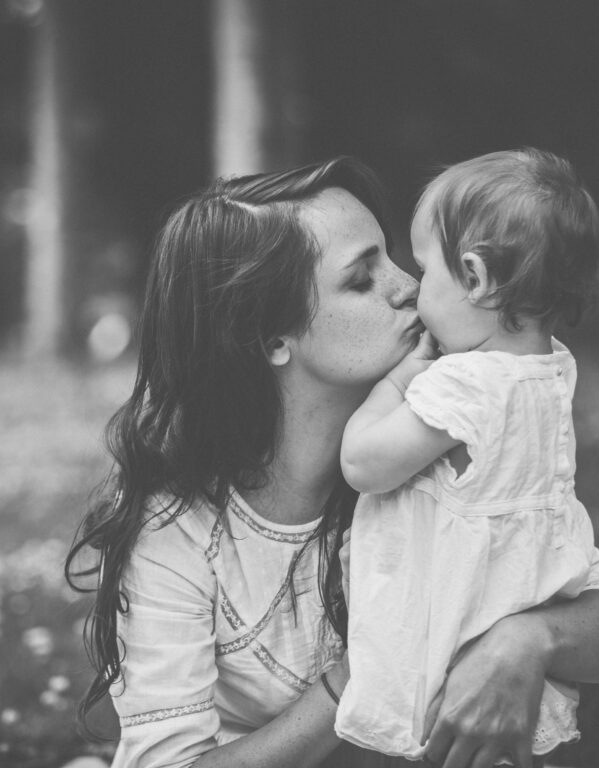Yesterday an image of mine, along with one of my friend Carolyn’s was featured in a lighthearted critical piece on Vulture. Twelve hours later I got an email from The Guardian asking me for permission to use the same image in a feature: when I asked about the nature of the piece, I was told that the person emailing me didn’t know.
Well, I think we know, don’t we? We know because we’ve heard it all before.
‘These Instagram-types are RUINING EVERYTHING with their lighthearted creativity!”
“It was bad enough when they wanted to take photographs of coffee, but now they are opening MULTIPLE BOOKS AT ONCE and using them as a backdrop for creative photography!”
I was surprised at how little I could relate to in the Vulture piece. The way the author compared the fake backdrops of books in historical portraits with what she identified as an Instagram trend, but felt the former was fine. The anger at how other people choose to spend their leisure time and creative energy. The idea that anyone’s Instragram snaps are trying to convey a serious and intellectual message to the world…

But most of all what sat badly with me was the elitist gatekeeping of who and what books are for. The casual name dropping of Elizabeth Barret Browning and Mary Higgins Clark, alongside a history lesson spanning Hans Holbein to George Washington. “I’m educated!” the subtext reads. “I understand books in the proper way!”
Well, respectfully, I disagree.
I use a stack of books beside my bed as a makeshift table. I lean towards audiobooks over turning actual pages, often, as they’re easier to fit around my health and my day. My five-year-old has two bulging shelves filled with picture-books and stories – some beautifully illustrated and enchanting, others mass-produced with lurid illustrations of Peppa Pig. Some of them have torn pages or scribbles in wax crayon inside them; one we found in a charity shop bears a mysterious brown stain on the first three pages that I try not to think about.
And that’s fine. That’s normal. Books aren’t, and don’t need to be sacred.
(Here’s Tim Minchin explaining exactly this in his usual and brilliant way. NSFW due to multiple F-bombs)
The thing is, I feel like we’ve heard all this before. Women’s crafts and creativity being derided as “unintellectual”; people of relative privilege dictating how education and literature should be consumed.

Research has repeatedly shown that the number of books in a home strongly correlates to how likely a child is to attend University. It’s equally as important as the parent’s education levels, in fact. It’s why, when I worked for SureStart as part of my NHS Speech Therapy job, we worked tirelessly to get books into the hands of underprivileged children and low income families – even those where the parents or carers themselves couldn’t read.
And as we delivered these government funded book-bags, or hastily compiled collections of clip-art collated with treasury tags, or out-of-print 70s story books we found in the nearest charity shop, we stressed the most important message of all: there’s no wrong way to enjoy a book. Just the process of having it, of turning the pages, of discussing the pictures or the words that you see with your child’s growing mind is the most tremendous gift you can give them. Not because a University education is the most important ambition, of course, but because we know that the longer a child stays in education, the more likely they are to find gainful employment and escape the very poverty or deprivation that first brought these books to their home.
In Vulture, Hillary writes, “I can’t pick just one book, the photos scream, and instead I shall lay myself prostrate across their textured pages to meld my body with their words, for I am a person of the mind!”
I really don’t know why my picture was screaming that, because those were not the ‘thousand words’ I was looking to speak. If I was trying to say anything, it would be this: that books are everyday, that they’re for everyone, that they can be the casual backdrop to daily life. (And just like my browser window and the Safari app on my phone, I have far too many ‘tabs’ open at once.) Or honestly – maybe it was simply an aesthetic choice at the time. It was five minutes of my morning several months ago, so I can’t really be sure.

Lest I sound prickly and defensive I should say that I simply laughed when my friend send me the link. I sent her a string of “😂” emojis when the Guardian email arrived, and I suspect Hilary, the author of the piece, is a very nice person who was just having a bit of a lighthearted rant for her column. I’m never personally offended personally by anyone finding my page or my photographs don’t meet their liking – I’m aware that they’re not serious or any high art.
In fact as a writer, as a mother, and as someone who has seen first-hand the dangers of keeping books in an elitist bubble, I’m secretly glad if my photos disrupt that ideal.
In an era where traditional publishing is dying and literary sales continue to decline, I’m entirely in favour of people using their novels however they see fit. Build a book fort, fold the corners over, get the pages soggy in the bath. Use them as creatively and joyfully as you wish – especially if you have children around – and ignore anyone who tells you that you should only enjoy them ‘by the book’.
And if you’d like to buy a copy of my book to lie on/use as a bedside table/burn in an anti-instagram demonstration at dawn/read, you can pre-order your copy here.😉 I promise not to judge how you choose to enjoy it. x
Hashtags for Instagram
Every month, I gather up a selection of winning hashtags and send them straight to your inbox, for free.
Sign up to receive my newsletters every month.







No Comments Yet